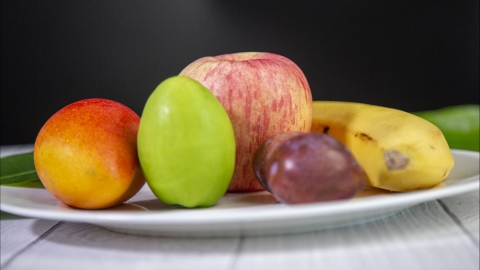Can I eat more fruits if my urine is yellow?
Generally speaking, whether frequent yellow urine allows for increased fruit consumption depends on the specific underlying cause. If it is caused by insufficient water intake or internal heat, moderate increase in fruit consumption is usually acceptable. However, if yellow urine results from medical conditions or special circumstances, fruit intake should be controlled. Detailed analysis is as follows:

If yellow urine is due to concentrated urine from inadequate hydration or internal heat caused by consumption of spicy or stimulating foods, eating more fruits with high water content and properties that help clear heat and promote urination-such as watermelon, pear, and grapefruit-may help replenish fluids, dilute urine, and improve the condition.
When yellow urine is caused by conditions such as diabetes or if there are existing issues like spleen and stomach deficiency-cold, excessive fruit consumption may place additional burden on the body. Diabetic patients need to limit high-sugar fruits to avoid blood sugar fluctuations; individuals with spleen and stomach deficiency-cold may experience gastrointestinal discomfort from excessive intake of cold-natured fruits. In such cases, increased fruit consumption is not advisable.
To improve yellow urine, individuals should choose suitable fruits based on their specific conditions and control the amount consumed. It is also important to maintain adequate hydration and avoid excessive reliance on fruits for fluid intake.







